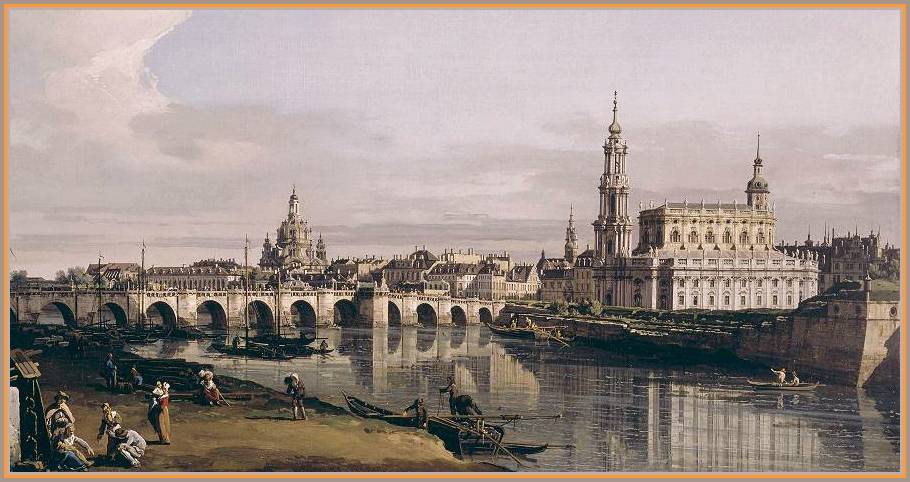 |
|
Jan Dismas Zelenka
Instrumental Music
|
* CLICK LINKS TO LISTEN *
Ouverture a 7 Concertanti in F, ZWV 188
Trio Sonata No. 3 in B-flat, ZWV 181
Hypocondria a 7 Concertanti in A, ZWV 187
Sinfoniaa 8 Concertanti in a minor, ZWV 189
PRO MUSICA BOHEMICA / Conductor Karel Vohanka
|
|
If you are familiar with baroque music and haven't heard any Zelenka, you're in for something of a surprise.
An almost exact contemporary of JS Bach (he was born in 1679, 6 years before Bach, and died in 1745, 5 years before Bach), who spent his working life in Dresden, well within Bach's orbit, Zelenka produced instrumental music which is quite unique. Forget the familiar territory of Vivaldi, Bach and Handel - Zelenka produces music in his own format (groupings of movements) and his own unique musical phrases, with frequent surprising twists of harmony which catch the listener unawares yet always seem to please. His music is tuneful, refreshing, challenging, and ultimately very satisfying. In 1697, the King-Elector Augustus the Strong of Saxony had assumed the Polish crown, a step that obliged him to adopt the Roman Catholic faith although Saxony was predominantly Lutheran. Thus the Royal Court at Dresden maintained two religious sides, one remaining of necessity within a Lutheran context, the other putting up a respectable Catholic "face". Zelenka, born in Bohemia and Jesuit-educated, was in an admirable position to take charge of the Catholic church's musical requirement in Dresden, for which he would eventually provide some 150 sacred compositions. His instrumental works, on the other hand, are far fewer, numbering only some fifteen. Our present selection offers a very typical cross-section. Remaining for further exploration are the six Capriccios, and the remaining five of the six trio sonatas.
|